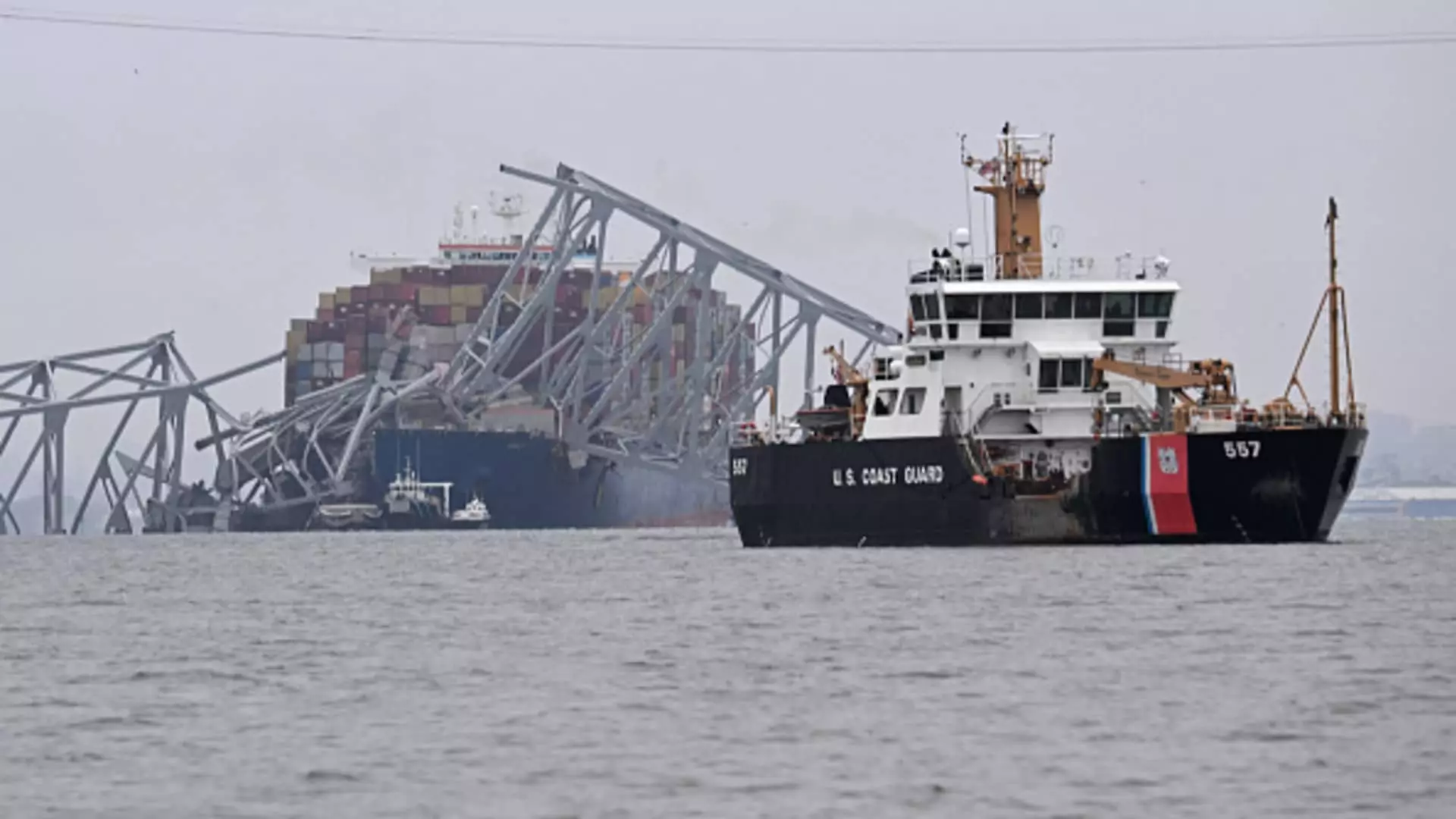The devastating collapse of the Francis Scott Key Bridge in Baltimore has sent shockwaves through the auto industry, prompting carmakers to assess the impact on their operations. This closure of the busiest U.S. auto port has raised concerns about potential disruptions to the supply chain. While many companies do not expect major disruptions at this time, the situation is still evolving.
The closure of the Port of Baltimore has forced logistics companies to quickly make arrangements to reroute imports and exports to other East Coast ports. This sudden change in transportation routes may cause delays and challenges in moving goods efficiently. Companies are facing the challenge of finding alternative ports to transit their vehicles in a timely manner.
Major automakers such as Mercedes-Benz, Volkswagen, Volvo, General Motors, Ford, Toyota, Nissan, and Mitsubishi are all evaluating the situation and preparing for potential disruptions. While some companies, like Volkswagen, do not expect an impact on vessel operations, they anticipate trucking delays due to diverted traffic flows in the area. The closure of the port may lead to delays in vehicle imports and exports, affecting the distribution of cars and light trucks in the U.S. market.
The Port of Baltimore is a crucial gateway for specialized cargo and bulk handling, serving as a key link in many supply chains. The port handled over 847,000 cars and light trucks last year, highlighting its significance in the auto industry. The diversion of goods to other ports, such as those in New York, New Jersey, Virginia, Georgia, and South Carolina, will likely increase journey times and add to the logistical challenges faced by companies.
The bridge collapse in Baltimore has sent another shock through the global shipping industry, adding to the existing volatility caused by attacks on ships passing through the Red Sea towards the Suez Canal. Delays in cargo movement could lead to inventory shortages, affecting businesses that rely on timely deliveries. The automotive industry, in particular, requires assemblies from different parts of the world, making timely transportation crucial for its operations.
The aftermath of the Baltimore bridge collapse has had a significant impact on the auto industry, prompting carmakers to reassess their operations and prepare for potential disruptions. The closure of the Port of Baltimore has forced companies to find alternative routes for importing and exporting vehicles, leading to logistical challenges and delays in transportation. The global shipping industry is also feeling the effects of this event, with concerns about inventory shortages and delays in cargo movement. As the situation continues to evolve, companies will need to adapt and find ways to mitigate the impact of this tragic event on their operations.


Leave a Reply